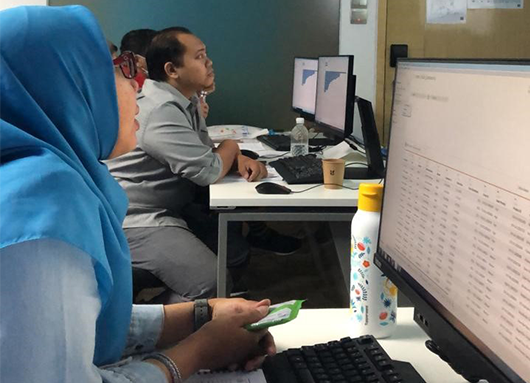HRIS Status Assessment
Activity
Health policymakers, planners, and practitioners require accurate, complete, and up-to-date data on the health workforce to make evidence-based decisions and inform strategic investments to build, manage, and optimize the health workforce. Having a human resource information system (HRIS) that has quality information across a variety of health workforce functions and that operates at a strong capacity is key to facilitating access to this crucial data.
Despite progress in recent years to develop strong HRIS, many countries are still struggling. HRIS data is often incomplete, of poor quality, with limited availability to decision makers across the health system. When databases do exist, they often lack capacities in data sharing, standardization, and interoperability, hindering users’ ability to make informed, evidence-based policy and planning decisions. Continued strengthening and scale-up of countries’ HRIS is imperative to meeting national and global health goals, including the National Health Workforce Accounts.
HRH2030 is working Indonesia, Madagascar, and the Philippines to support strengthening their HRIS. In each country, HRH2030 applied the HRIS Assessment Framework (HAF) to map their information systems’ relative strengths, identify areas for improvement, and prioritize areas for investment. Specifically, HRH2030 used the HAF to help countries:
- Assess the functionality of their HRIS (including components such as pre-service education, registration and licensure, and attrition)
- Assess the capacity of their HRIS (including components such as data quality, use of data, and interoperability)
- Combine functionality and capacity scores to determine HRIS maturity
- Determine the most targeted investments for HRIS strengthening
- Support strengthening of their HRIS for NHWA operationalization
RELATED NEWS AND RESOURCES

Activity Leader:
Leah McManus, Chemonics
.
Implementing Partners:
Palladium
.
Duration:
2016-2021
.
Countries Impacted:
Indonesia
Madagascar
Philippines
.
Status:
Ongoing






